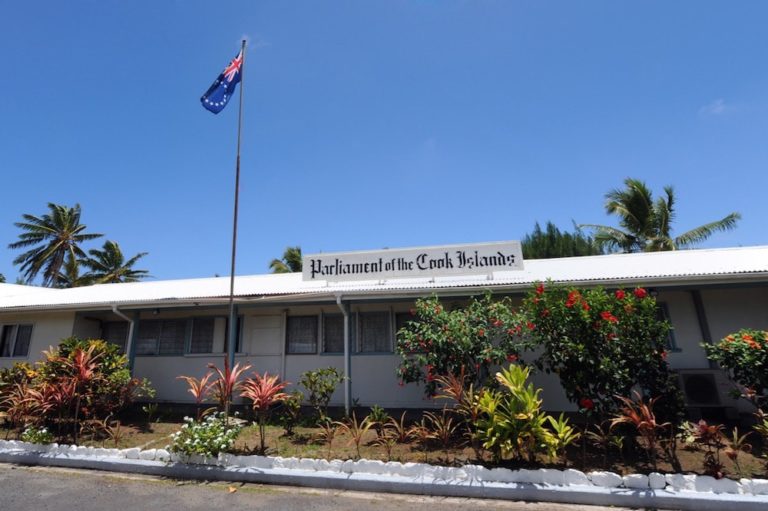Government in the Cook Islands must withdraw an injunction stopping media from publishing a constitutional opinion that criticises overspending, says the Pacific Freedom Forum.
This statement was originally published by PFF on 9 November 2015.
Government in the Cook Islands must withdraw an injunction stopping media from publishing a constitutional opinion that criticises overspending, says PFF, the Pacific Freedom Forum.
“Using the courts to prevent publication of a public document discussing public issues around public spending is not democratic,” says PFF Chair Titi Gabi.
“Nor is this a good look for a country that was praised for introducing the region’s first freedom of information laws in 2008”, she says.
The decision by the competing daily newspaper to initially kill a story on this issue for fear of legal action from government is proof of a “chilling effect” on freedoms of speech, says Gabi.
Fundamental human rights and freedoms guaranteed under section 64(e) of the Constitution of the Cook Islands include “Freedom of speech and expression”.
Says Gabi, “Crown Law is wrong to claim the opinion by Dr. Alex Frame is legally privileged and confidential information, and may be in conflict with the Official Information Act.”
“There are centuries of precedence worldwide for news media to publish leaked documents”, she says.
“Claiming that government documents paid for by citizens, taxpayers and the general public are confidential is bureaucratic nonsense.”
PFF Co-Chair Monica Miller says the injunction is especially dangerous for small states such as the Cook Islands, given how little public information is available.
“A journalist has quite rightly reported that Parliament has sat for just 90 days over the last five years.
“Parliament Hansard records are not available online, further depriving citizens of access to what should be freely available public information.”
The injunction was taken out against Pitt Media Group director, George Pitt, whose family owns a newspaper, and a TV and radio station.
Miller notes that Pitt has been subject to years of professional concern about his public dismissal of journalism ethics, multiple conflicts of interest, and highly personal attacks on competing journalists, as well as different politicians who he has been aligned with at different times.
“Saying that the media should be free to do its job is quite right, but media owners must also ensure they follow generally accepted ethics in journalism.
“They cannot act as if they were media thugs one day, then hide behind media ethics the next.”
But she agrees that the legal opinion should have been made public, according to law.
She points to Section 5 of the 2008 Official Information as guaranteeing “the principle that the information shall be made available unless there is good reason for withholding it…”
As well as OIA and the constitution, Miller notes that various Cook Islands administrations have signed multiple regional and international agreements over the decades guaranteeing basic human rights, including freedoms of speech.
Pitt returned to the Cooks a few years ago after the failure of a media venture in Samoa, his family homeland.
